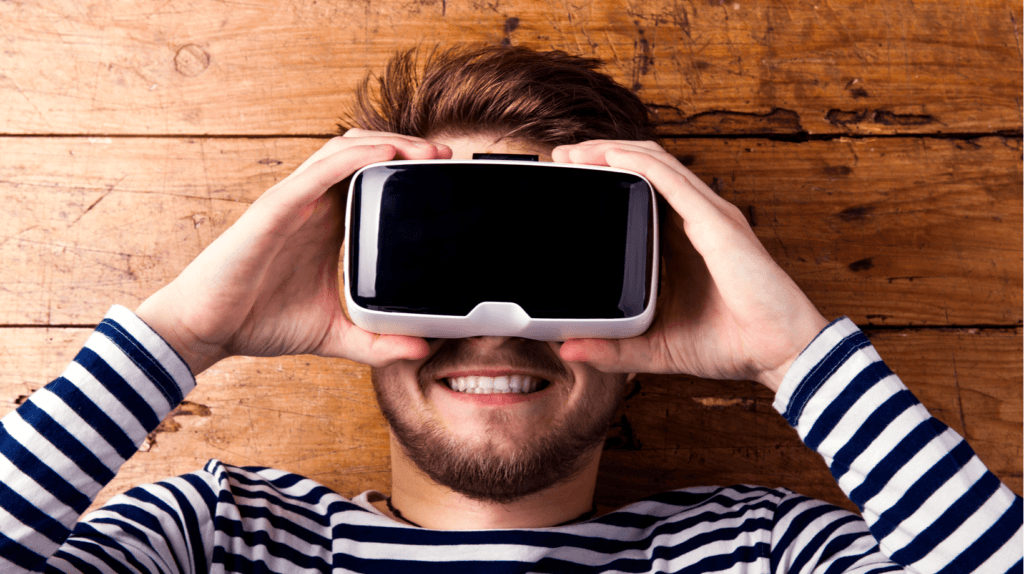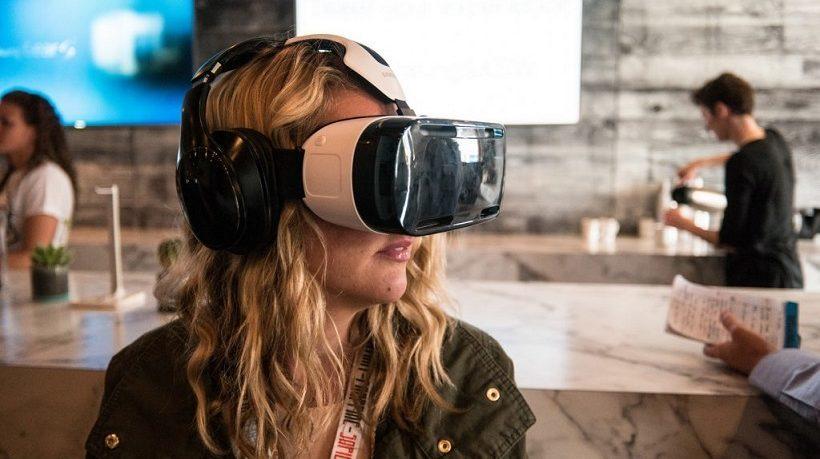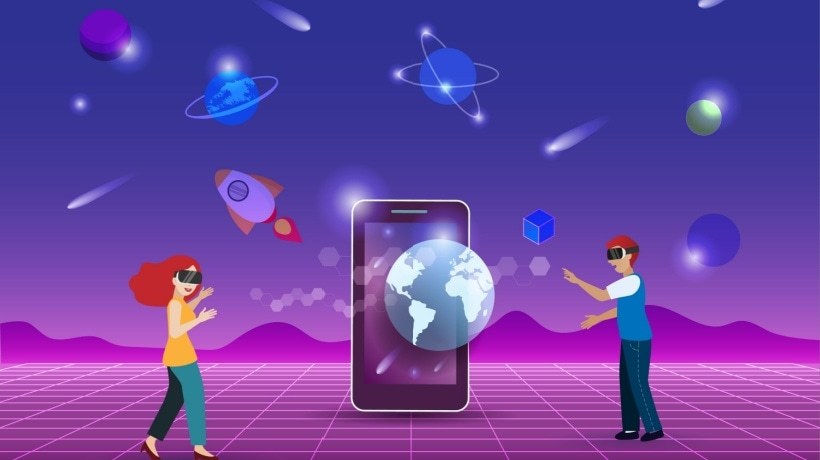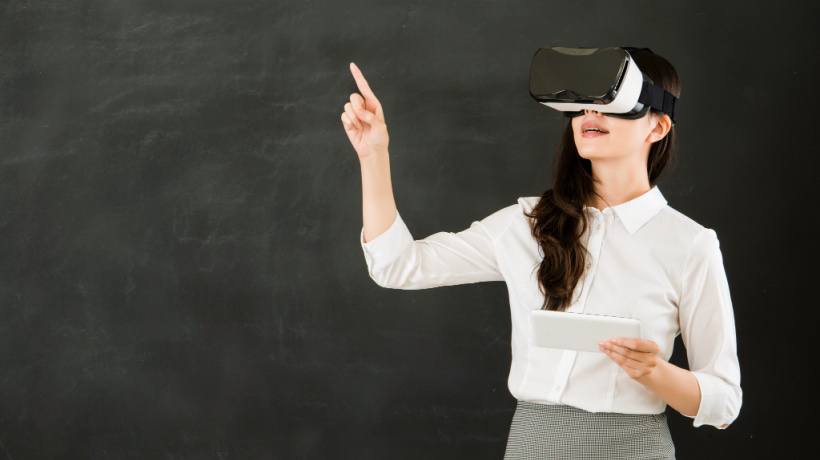A Connected VR Classroom In The Near Future
This morning, I was reading about the Fourth Industrial Revolution by Professor Klaus Schwab. And suddenly, I had a vision revealed in front of me. I was excited by it and decided to write it down. In a room, I saw a teacher wearing a VR headset and moving around. No one else was in that room except for some cameras in different corners. And when you put on your VR headset and gain access to the VR classroom that the teacher is hosting, you see your classmates all around you.
Here I am talking about what has already been going on in the gaming industry. When you enter a game, you are connected to other gamers for fights, exploration, challenges, and collaborations. The environment is preset with a lot of details and subtasks in order for the player to level up and upgrade their skillset.
What If We Used VR In The Classroom?
I do not understand why we are not doing this in the education sector yet. Imagine, we could set up a mathematics gaming environment to teach basic mathematics to pupils. Tasks like going to the supermarket to pay for items and checking the change returned will put students in a realistic scenario and help them form very practical life skills with such virtual training. Imagine, we could take pupils on a trip inside the body of a human and explore different parts of a biological being. So many exciting journeys to uncover.
When it comes to adult education and life-long learning, experiences become a central keyword. Adult students have more practical needs and realistic expectations. When designing education programs for adults, you cannot avoid the fact that you need to design experiences for them. What other education forms could be better than storytelling, gamification, task orientation, and instant rewards, which could be offered by VR gaming?
Imagine if all existing flat-lecture videos were converted into a 3D interactive gaming environment. Let's say, for example, on Massive Open Online Courses platforms, such as Coursera and edX, they start offering VR classrooms. When you connect to the classroom, you would be able to see other students around you and chat with them in natural languages and hear them in the natural languages; as a plus, there could be a prompt translator to support cross-cultural communication.
You could watch videos inside the classroom on a big screen and ask your personal learning assistant to take notes on what interests you. For example, if it were a wine class, you would take a vineyard tour in Switzerland or France and observe how wine is made firsthand. Also, you would be invited to meet a local family, and you would pick out a bottle of wine from a wine shop. Then, you would learn how to pick a wine based on the food that you were offered.
And all these experiences could happen on your sofa at home. You wouldn't have to travel far away to workshops, classes, or another city on another continent.
Virtual Reality Can Take The Education Experience To The Next Level
Let's get a little bit wilder. Let's say there is a global university, which is borderless, available in this VR environment. You would put on the headset and instantly be shown those available classes with VR access. You could choose one class and enter it, and instantly you would be sitting in a classroom with other students who are physically attending the class. And you would see a teacher standing there explaining things right in front of you. You could enter and exit the class without disturbing anybody; this is called VR class auditing. But let's say you want a higher level of engagement, you would have to inform the teacher in advance by booking a seat in the classroom in order to be able to interact with teachers and have your voice heard by other students in the classroom.
You would only need to pay one tuition fee to the global university and you could audit different classes from around the world. The teachers would not need to shoot any other additional videos, which is required when doing MOOCs, for instance. They would teach the usual classes with VR equipment available in order to capture the environment, connecting the real class to the VR class.
MOOCs already allow the general public to access tailored education videos and materials on various topics from elite universities and professors. VR would bring the open education experience to another level by being vivid, interactive, and less labor-intensive for the teacher.
Conclusion
Of course, VR hardware would need to be in position first, in case what was mentioned above is the direction that universities and professors would like to head toward.








